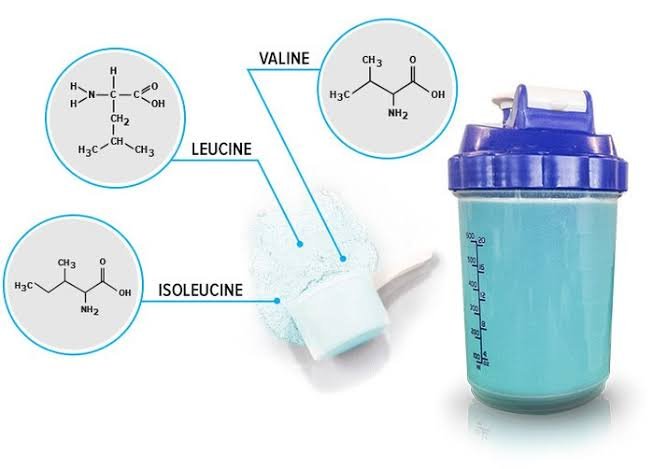Are protein powders useful?
Protein powder tends to be seen as something used by people to build muscle in the gym. While it does have a very important role there (see above), the perception it is ONLY useful for this population group needs to go. It’s outdated.
As a board population statement, most people can and should aim for a food first approach to protein intake. It’s entirely possible to hit your protein targets through either plant or meat based sources. Protein powders can be a convenient quality protein option though. If you shop around, per gram they can even be a cheap alternative to options such as red meat. When shopping around, as obvious as this sounds, look for something with a higher proportion of protein per serve (and consequently a lower carb & fat concentration). Without this you’ll end up being in ‘meal replacement’ products territory which has it’s own discussions for different population groups. if you want to be utilising protein powder, keep it to that specific purpose. It’s important to note, there is nothing magical about protein shakes or powders. If you think that by having them, it may bring you to your adequate serving of protein across the day, there a tiny little bit of magic in that!
Which protein powder is best?
This is probably one of the biggest questions in the supplement world. People ask it and companies know they can get away with (literally) thousands of products on the market.
It’s worth noting, not all protein powders are created equal and there may be subtleties based on your individual needs or dietary choices. Short answer- there is no perfect protein powder for everyone but lets cover some key points to help you find yours:
Protein quality- When looking at quality, digestibility and bioavailability are the main focus. How do you get the most bang for buck. The 2 scores below PDCAAS and DIAAS shows the quality of different protein options. The closer to 1.00 on either scale, the better the protein quality. As a general rule, like our whole food options, animal based protein powders are seen as a higher quality protein source and Whey Protein Isolate is usually seen as the gold standard due to bioavailability, amino acid profile and lower lactose (carb) concentration.
Dietary choices- As mentioned above, not all plant based proteins are complete proteins. If you are vegan or vegetarian and want to utilise plant based protein powders, soy protein concentrate or soy protein isolate may be your best bet. Regarding animal based protein powders there is milk based and non milk based powders such as egg white, collagen and bone broth. As you can see in the table, although there may be some buzz around bone broth or collagen, they are both pretty terrible options as a protein powder for efficiency and bioavailability.
Intolerances- For those with an intolerance to lactose or eggs, typically trying out another plant based variety of protein powder can be beneficial (considering the points above). If you are lactose intolerant, aiming for a whey protein concentrate (WPC) or soy based product can be useful for you.
What about BCAAs, I’ve heard lots about how important they are?
It’s true, BCAAs are very important for our body to function. The question lies in whether supplementing with BCAAs is important? The short answer is probably not, if you have a good intake of protein anyway.
BCAA is the shorthand form of Branch Chain Amino Acids. These are 3 of the essential amino acids called Leucine, Isoleucine and Valine. They are unique as they can be metabolised in our muscles as opposed to our liver for the other EAAs. Of these, Leucine is probably the most well-known and also the one which is most strongly associated with muscle protein synthesis.
It’s important to note that BCAAs are BCAAs. Whether they come from our food sources, a protein powder or specific BCAA supplementation, they are the same amino acids. So when we trade off a BCAA supplement with an overall protein supplement, we are actually getting a lot of other key amino acids within the overall protein powder, which provides a more well rounded protein profile.
So why do BCAAs get so much hype? Marketing, a knowledge gap in the market and people still buying them. Put your money towards a good quality protein powder before you look at specific BCAA supplementation.



